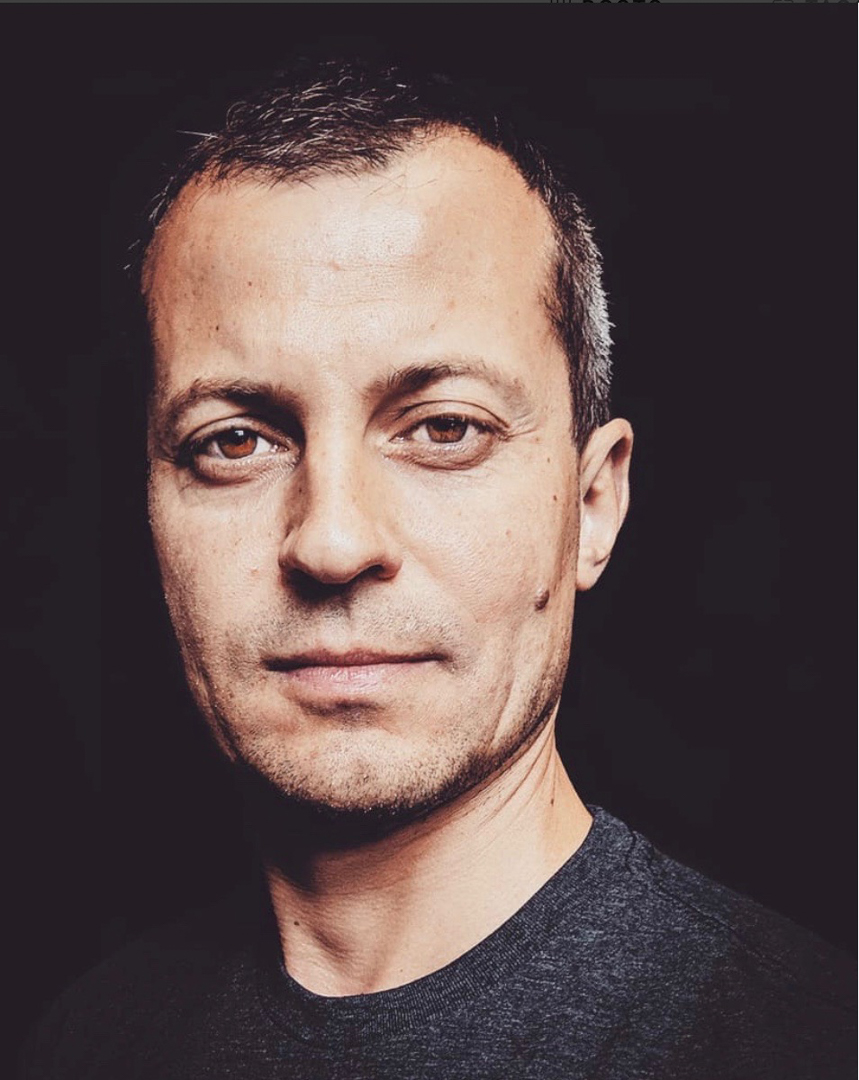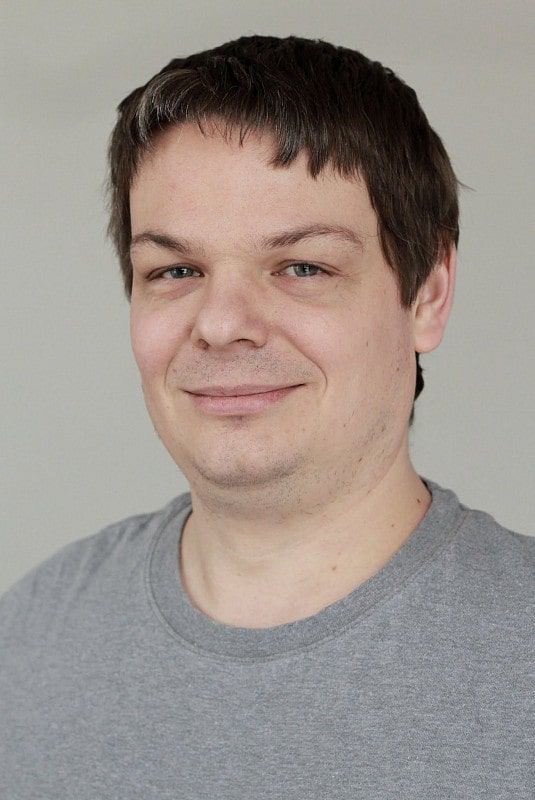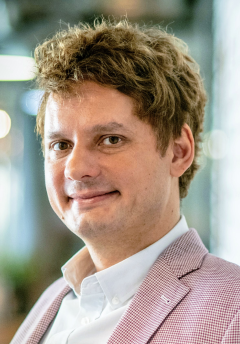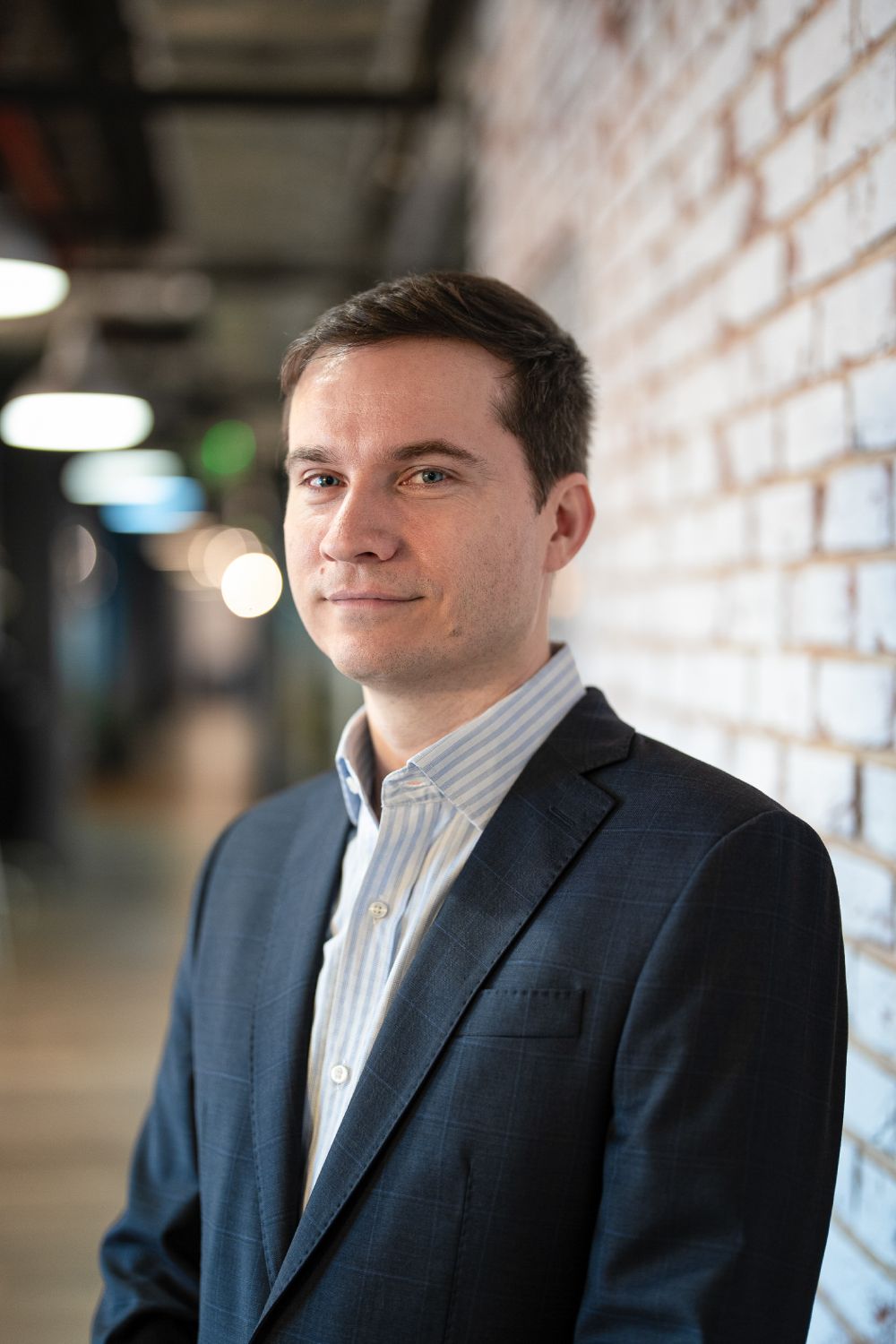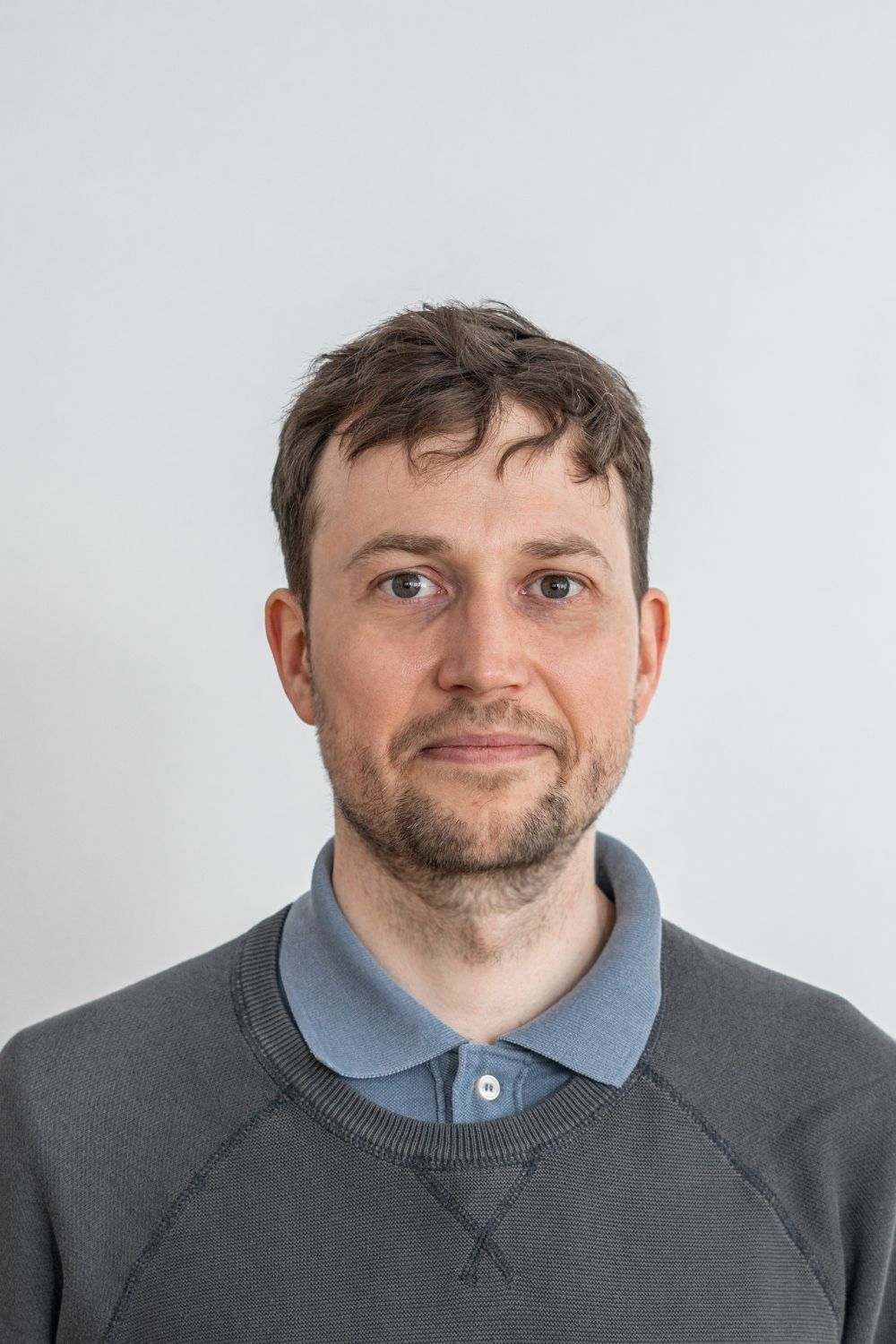Aim and Scope
Recent rapid growth of AI has shown the potential to revolutionize most of the everyday aspects of human lives. The field of AI is traditionally divided into a number of subfields such as Machine Learning, Knowledge and Reasoning, Planning and Scheduling, SAT solving, Computer Vision (and others) that are usually pursued individually. But the challenges of real-world applications are often too hard for a single AI approach. Hence there is a need for Composite AI, which integrates several different AI approaches that complement each other to solve the problem. Development of Composite AI system is still ad-hoc and premature.
The workshop aims at bringing together researchers and practitioners from different AI subfields to discuss challenges that they currently face and to initiate a discussion about the benefits and challenges of Composite AI.
Submission Instructions
All papers must be submitted in a PDF format and must conform to the (IJCAI formatting).The extra page can only be used for acknowledgements and references. The reviewing process will be single-blind.
The submission is done via EasyChair at https://easychair.org/conferences/?conf=compai2025
Invited Talk Details
Speaker: Vadim Bulitko
Title: Emergence and Costs of Self-Articulation in A-life
Abstract: Real-time heuristic search (RTHS) and related reinforcement learning (RL) algorithms allow Artificial Intelligence (AI) agents to make decisions in real time, with incomplete information. Despite numerous advances in the last two decades, contemporary RTHS and RL methods still face several challenges. First, while search algorithms and heuristics can be automatically constructed from a set of building blocks, the blocks themselves are human-designed. Such human engineering limits the variety of such blocks, is time consuming and may not actually lead to improved performance. Second, RTHS/RL agents commonly learn only from their own individual experiences. This is in part because an RTHS/RL agent's knowledge is difficult to communicate to other agents. For instance, two neural-based agents with different neural architectures cannot directly share their neural weights. This limits teaching and learning among agents and their cooperation. The lack of transparency of the agent's reasoning is also detrimental for AI agents embedded in human society where the ability to explain one's actions is key to trust and collaboration. Additionally lack of understanding of how RTHS/RL algorithms function deprives scientists and engineers of insights into algorithm design. Thus an interesting research direction is to automatically synthesize RTHS/RL algorithms for agents that articulate their own knowledge symbolically in a manner interpretable by other agents and humans thereby facilitating transparency and collaboration. In this talk I will discuss some preliminary results on synthesizing symbolic policies for agents in an Artificial Life (A-life) environment. In particular I will consider the computational costs of such articulation and how such costs may limit the agents' ability to self-articulate as well as interpret policies they receive from other agents. Are there problems that an A-life agent can solve but cannot articulate how it does so?
Slides: link
Accepted Papers
Michael Youngblood, Filip Dvorak, Slavomir Svancar, Tomas Balyo and Michal Ficek:
Graph-Based Orchestration of Heterogeneous AI Models: A Control Node Approach to Composite Intelligence - Paper Slides
Junhyung Moon, Seunggwan Hong, Eunkyeong Lee, Yunho Lim, Wanjin Park and Hyunseung Choo:
A Mixture-of-Agents Framework for EV Battery Diagnostics: Semantic Clustering and Prompt Engineering for Automated Reporting - Paper
Zelin Wan, Nithin Alluru, Jin-Hee Cho, Mu Zhu, Ahmed Anwar, Charles Kamhoua and Munindar Singh:
DT-Guided DRL: A Transition from Utility-based Decision Theory to Deep Reinforcement Learning - Paper
Benjamin Coriat and Eric Benhamou:
ALPHA: Advanced Learning for Portfolio Handling Applications - Paper
Luis Palacios, Matteo Morelli, Gael de Chalendar, Mykola Liashuha, Jaonary Rabarisoa, Lucas Labarussiat and Raphael Lallement:
Bridging Natural Language Understanding, Symbolic Planning, and Robotic Execution through Hybrid AI Systems - Paper Slides
Liliane-Caroline Demers and Gilles Pesant:
Music Generation with Long-Term Structure Using Constraint Programming and Transformer-Based Decoders - Paper
Marianne Defresne, Romain Gambardella, Sophie Barbe and Thomas Schiex:
Symbol Grounding for Discrete Graphical Models through Data Imputation - Paper Slides


